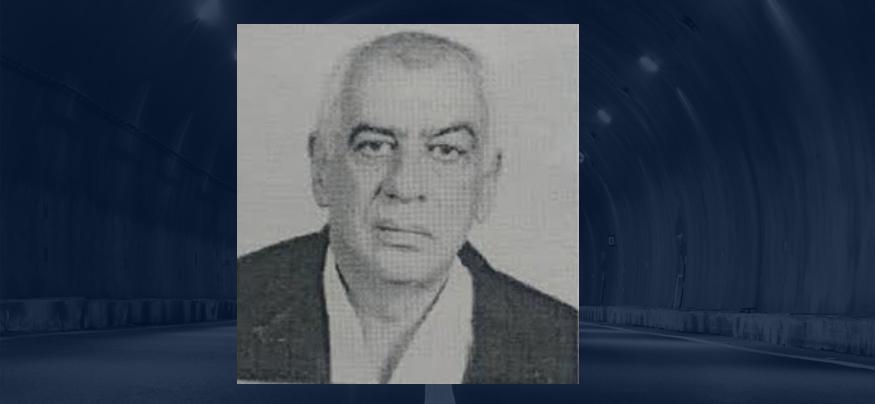
On Tuesday, September 10, 2019, began the second trial at the Athens Court of Appeals for the horrific murder of unfortunate retired sailor Vasilis Kokkinis.
The crime was committed in January 2015 and his body was discovered a year later in the freezer of his ex-wife’s apartment in Kallithea.
The details of the testimony of the witnesses examined by the court today are truly shocking.
“I opened the freezer and closed it immediately. I say, I didn’t see well. I shout at the rest, reopen the freezer and see a corpse. He was tied with ropes, behind his back, in a fetal posture. I got upset and called the police”. With these words, the bailiff described in the Court of Appeals what he himself observed in January 2016, when, together with a colleague and the owner of the apartment, they entered the house in Kallithea.
The owner of the apartment testified that the former sailor’s wife had been staying at home with their child since 2014, as she had said he wanted the child to be close to his father. However, according to the witness, the woman stopped paying the rent, forcing him to enter the apartment.
The testimony of the homicide police officer who handled the case is also stirring. As he told the court, the accused contacted through a girlfriend (also accused) with three Romanians, whom she paid a sum of money. “She had falsely informed that the child had a fever to make the victim go home. Then the Romanians beat him and gave him pills”.
Three people were convicted of the case at first instance. The victim’s ex-wife is sentenced to life imprisonment for the crime of intentional homicide.
Accordingly, the defendant’s girlfriend was found guilty in an 18-year prison sentence for allegedly assisting her in finding the perpetrators of the crime of simple complicity in the homicide, while in the young man who appears to have carried the freezer in the apartment, was sentenced to three years suspended for care criminal. The trial has been adjourned and will continue on October 15, 2019.
See all the tunnel developments and in-depth research in Greece and Bulgaria, HERE.


Leave a Reply